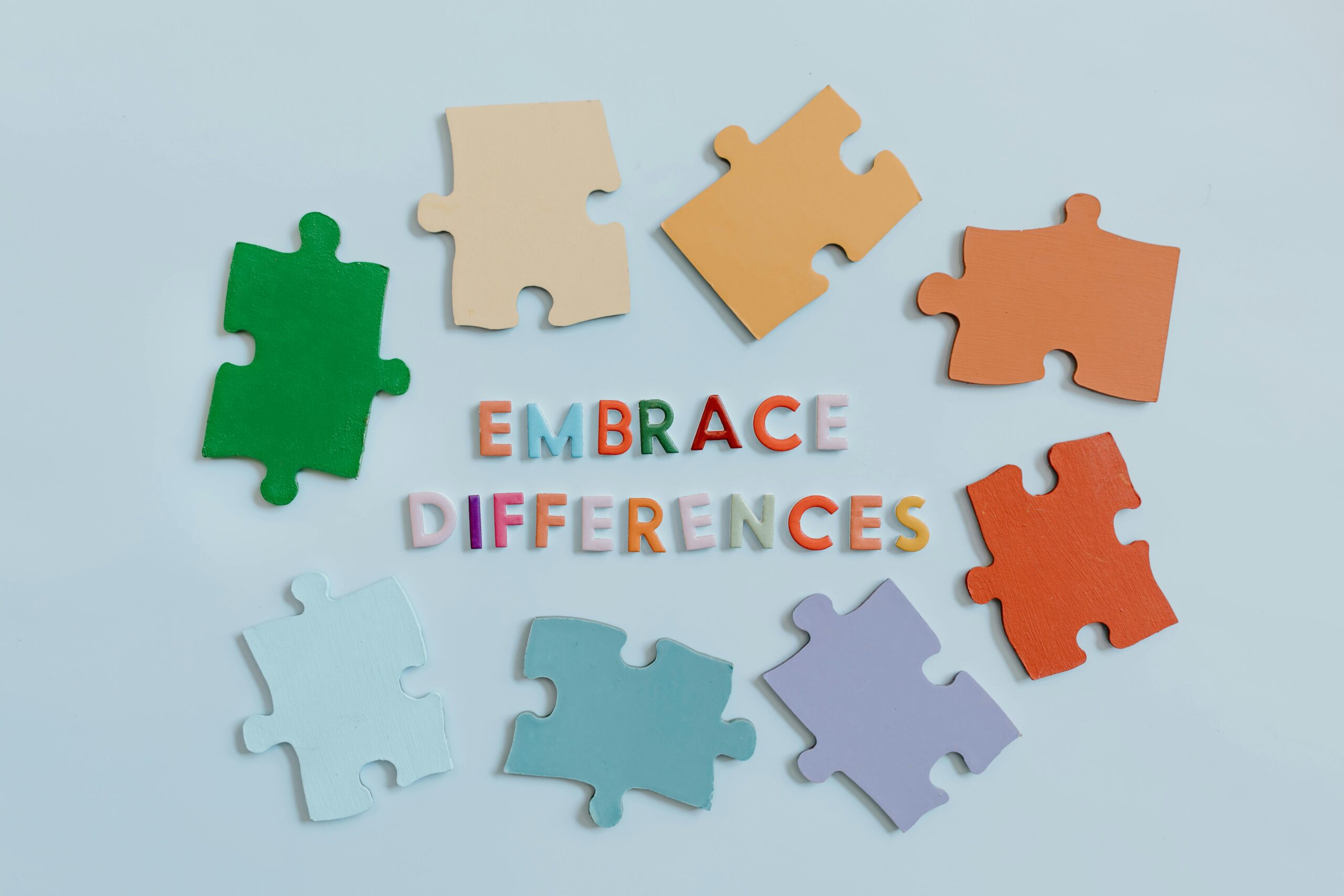We often hear the phrase “strength in numbers.” In leadership, it’s tempting to believe that unity means sameness—that in order to be strong, a team must think the same way, act the same way, and move in the same direction. We see this often in a desire for consensus. But real strength doesn’t come from uniformity. It comes from difference.
True leadership is not about finding people who mirror your strengths. It’s about building teams where differences complement each other, where what one person lacks, another provides. This is the foundation of interdependence—and it’s where real power lies.
Our Weaknesses Build Stronger Teams
In our work, we’ve seen how leaders struggle with the idea of weakness. Many of us have been conditioned to see weaknesses as flaws, as things to hide or fix. But what if we saw them differently?
What if we recognized that our weaknesses are invitations to connect with others who bring different strengths to the table?
This shift in perspective changes everything. Instead of striving to be everything to everyone, leaders can lean into their strengths and allow their teams to fill in the gaps. This doesn’t just foster collaboration; it builds trust. When leaders are transparent about their own limitations, it creates a culture of honesty and openness. Teams begin to see weaknesses not as problems to solve but as opportunities for collective growth.
Why Interdependence Matters
Leadership isn’t about doing it all. It’s about creating an environment where each person’s contribution matters. And this is where interdependence comes in.
Interdependence isn’t about delegating tasks or managing people from a distance. It’s about relying on each other in a way that fosters mutual support and shared responsibility. It’s about knowing that your strength doesn’t diminish when you lean on someone else. In fact, it grows.
This is what vulnerability in leadership means. It’s not knowing all the answers or being able to do everything. We often think of vulnerability in leadership as a risk. But when it comes to building strong, interdependent teams, it’s one of our greatest strengths.
There is incredible power in the practice of transparency in leadership—how acknowledging our weaknesses and communicating them openly with our teams can actually foster stronger relationships. When a leader says, “This is an area where I need support,” it empowers the team to step up and fill in that gap. It also signals to the team that it’s okay not to have all the answers, to struggle, or to need help. This kind of openness builds psychological safety, where every team member feels they can contribute without fear of judgment.
And this goes both ways. When teams feel safe enough to share their own challenges, leaders can better understand how to support them. It’s in this give-and-take that the magic of interdependence happens and the result is building a partnership.
Our Differences Make Us Stronger
A team that embraces difference—whether it’s in skill sets, perspectives, or experiences—has the ability to see challenges from multiple angles, adapt quickly, and find solutions that are more creative and inclusive.
At its core, interdependence is about recognizing that none of us can do this alone. And that’s a good thing. The richness of a team, an organization, or a community comes from the ways in which we complement and challenge each other. When we embrace difference, we open ourselves up to new possibilities and create space for true collaboration.
So, as you reflect on your leadership journey, ask yourself: Where are my weaknesses an invitation to collaborate? Where might my belief in individuality/self-reliance be a stumbling block? And what might I need in terms of support to create the safety to be vulnerable in this way?
We would love to continue the conversation with you. Reach out to us.
